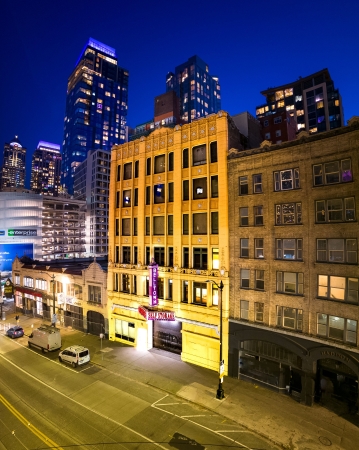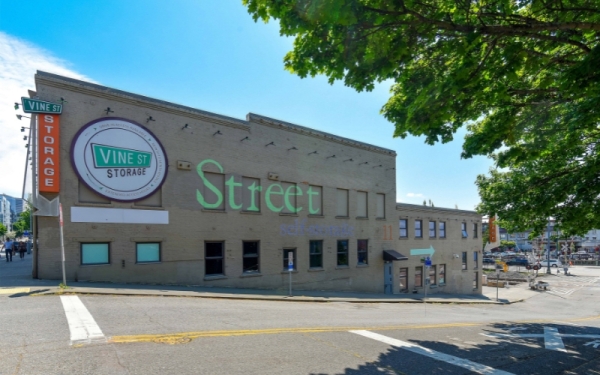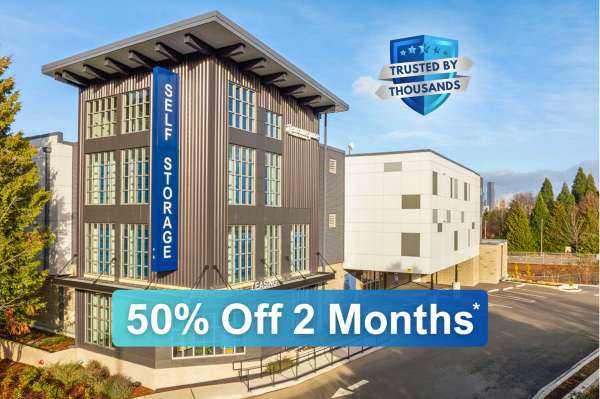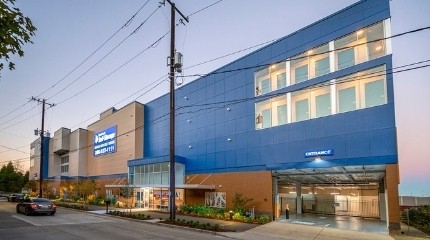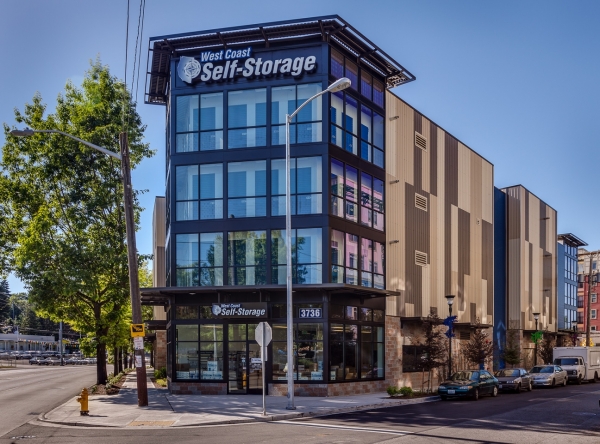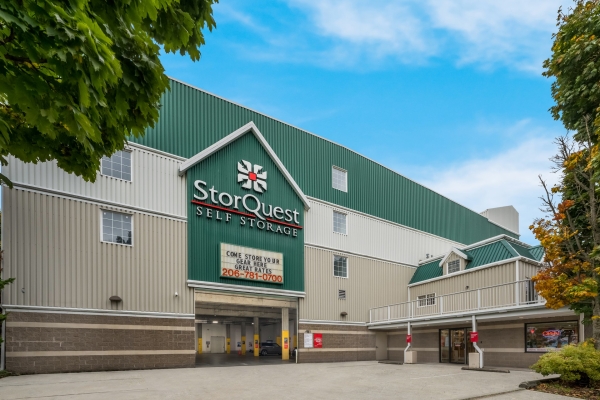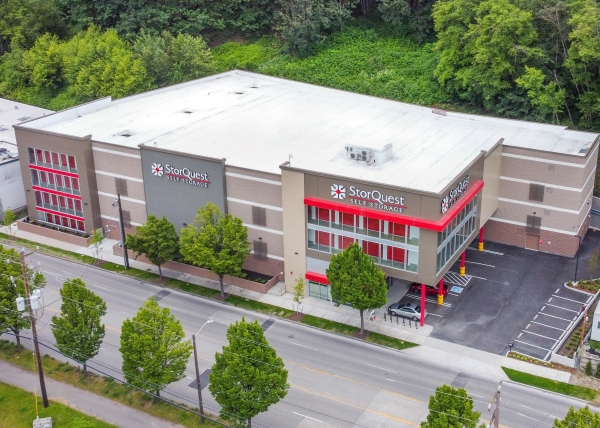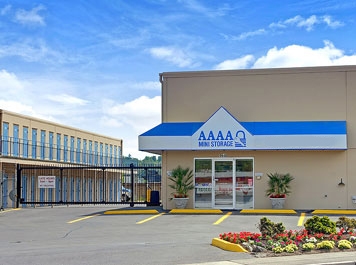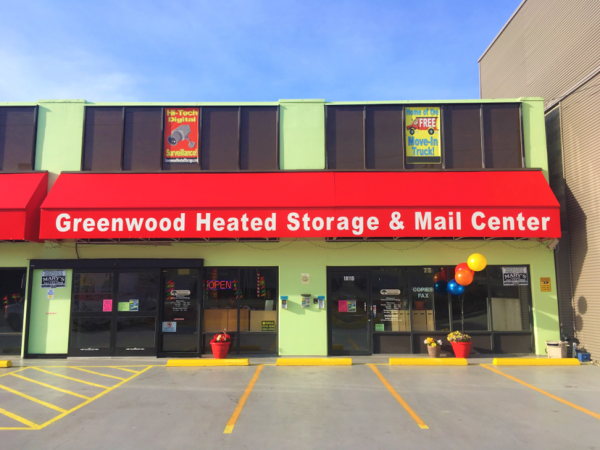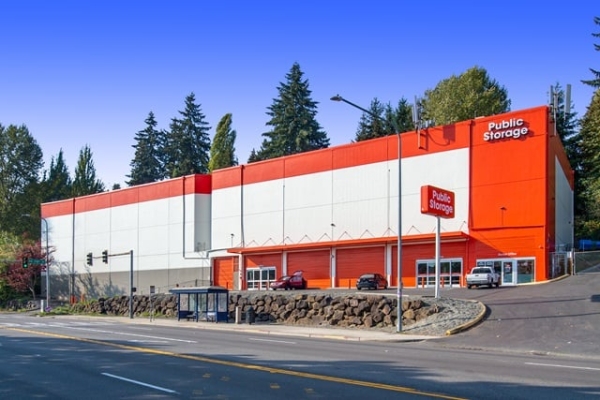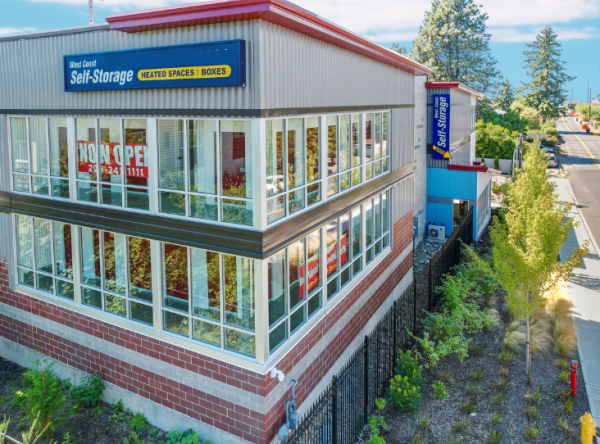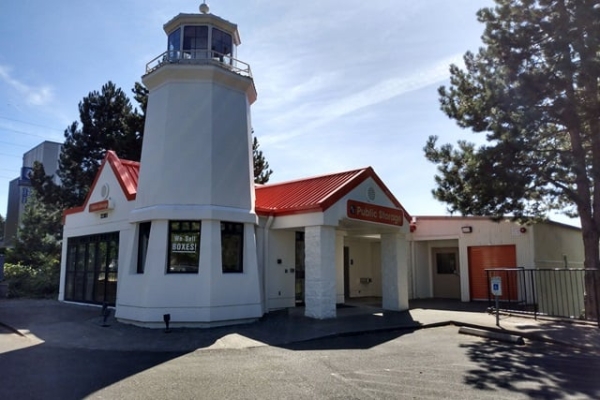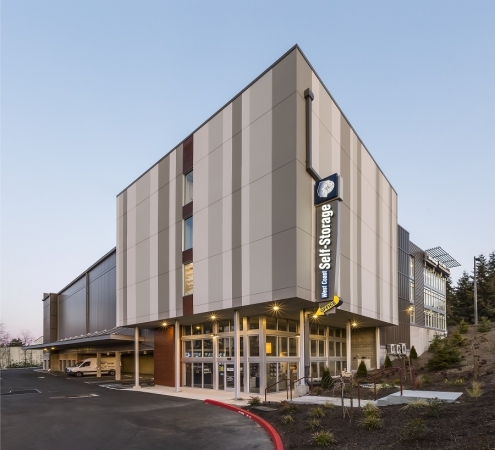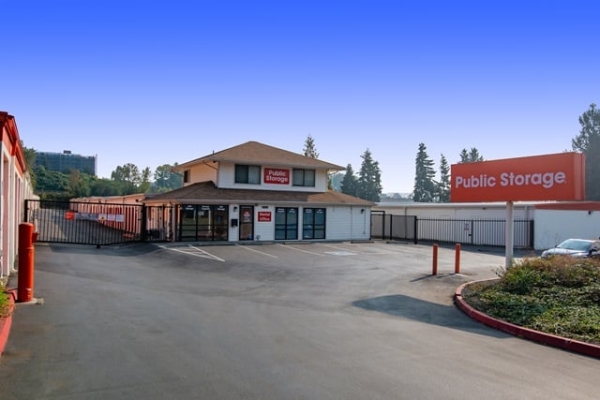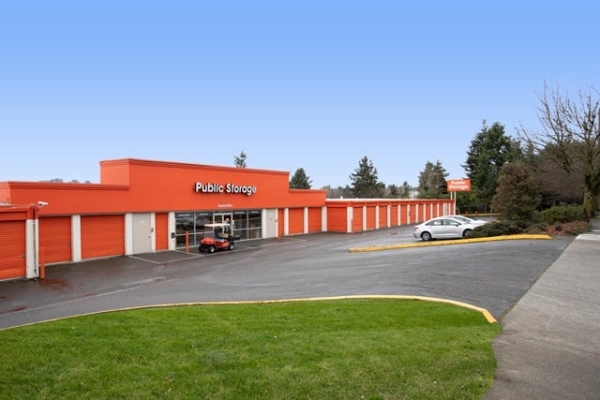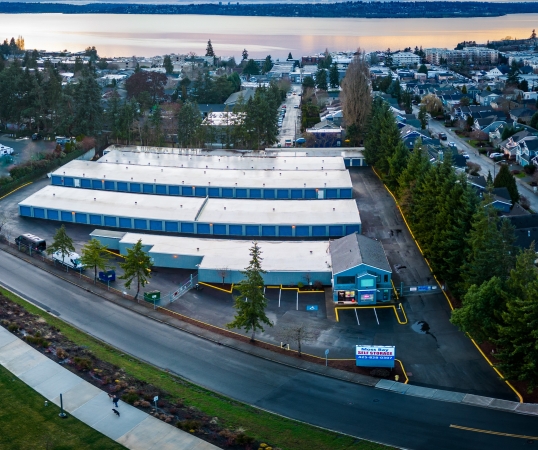The Cost of Self Storage in Seattle, WA
The cost of storage units varies widely across Washington and is dependent on an array of factors, including the area’s cost of living, how many storage facilities are available and how great the demand is for storage units. The cost of real estate is an especially significant factor; the higher the property values are, the more renters can expect to pay for storage. Additionally, in cities like Seattle where about half of properties are occupied by renters, the demand for storage solutions tends to be greater, resulting in higher costs.
In Seattle, the overall cost of living is about 72% higher than the national average and over 50% higher than the statewide average. This is primarily due to the high cost of real estate, which is roughly triple the national average and twice the statewide average. The price of storage reflects this high cost of living, with units typically costing between $69 and $265 per month, depending on their size, location and features.
Average price of storage units by size in Seattle, WA
| Size of Storage Unit | City Average | State Average | National Average |
| 5×5 | $69 | $56 | $41 |
| 5×10 | $103 | $78 | $59 |
| 10×10 | $165 | $131 | $95 |
| 10×15 | $192.50 | $162 | $113 |
| 10×20 | $265 | $172 | $133 |
What to Consider when Looking for Storage in Seattle, WA
While the size of the unit is an important factor to consider when selecting a storage solution in Seattle, renters should consider additional factors such as the level of security provided and whether the unit’s temperature and humidity levels are controlled.
In spite of its dreary reputation, Seattle has a relatively pleasant year-round climate with mild temperatures and low humidity levels. Even so, climate-controlled storage units that maintain consistent temperatures throughout the year are necessary, especially if sensitive items like musical instruments, antiques or fine art are being stored. Security measures like surveillance cameras and high-security locks are also highly recommended in the Seattle region, where property crime is rated 76.9 out of 100, which is considerably higher than the national average of 35.4.
Helpful Tips for Moving to Seattle, WA
The seaport city of Seattle is an exciting place with a wealth of amenities for residents to enjoy. The city is most recognized for its thriving arts community, diversity and natural resources. Among its most popular points of interest is the Space Needle, where visitors can enjoy a 360-degree view of the city via an all-glass floor-to-ceiling room. The city is also known for its dynamic culinary scene with farm-to-table restaurants, unique donut shops and many coffee shops.
While the overall cost of living, particularly real estate, is high in Seattle, this fast-growing city offers plenty of affordable living options for budget-minded home buyers. Neighborhoods like Magnolia, Bryant and North Admiral provide relatively economical options with easy access to city amenities. The city boasts several transit options, and the average commuter travels about 28 minutes to work, leaving plenty of time to enjoy this city’s attractions.
Frequently Asked Questions
How to get cheap storage units in Seattle, WA?
While Seattle’s self-storage rates are much higher than the national average, there are several ways to reduce your total costs. The best way to find inexpensive storage is to compare rates from local facilities to find the most budget-friendly option. Many facilities offer discounts or seasonal promotions for new customers. You can also cut costs by minimizing amenities, renting the smallest unit suitable for your belongings, and renting for a longer term.
Is climate-controlled self-storage necessary in Seattle, WA?
Seattle has a mild year-round climate with low humidity, sometimes making a climate-controlled storage unit unnecessary. If you rent for a short period or store durable items, you likely will not require a climate-controlled unit. If you’re storing damage-prone items such as instruments, art, wooden furniture, and electronics, it’s best to find a temperature and humidity-controlled unit to prevent environmental damage.
Do I need a 24-hour storage unit in Seattle, WA?
If you want the flexibility to access your belongings anytime, 24-hour storage units offer around-the-clock convenience. While standard units often have a set schedule for visiting hours, you can visit a 24-hour unit at any time, day or night. When searching for a 24-hour unit, prioritize safety features such as alarm systems, guards, and access control to ensure you feel comfortable visiting the unit at all hours.
Does home insurance cover storage units?
Off-site items like those in storage units are covered under most home insurance policies at a reduced rate. Most policies provide 10% coverage for off-site items. For example, if your standard policy coverage is $40,000, items in your self-storage unit will be covered up to $4,000. These items also may not be covered for damages such as mold, mildew, or flooding. You can purchase additional self-storage insurance to ensure full protection of belongings in your unit.
Is a cheap storage unit worth it?
While inexpensive self-storage can be a wallet-friendly option, it’s crucial to vet units properly before signing an agreement. Some cheap storage units may lack security features or have hidden fees. Inspect the unit and facility before renting to ensure it meets your standards. Pricier units may cost more upfront but can save you money in the long run.

